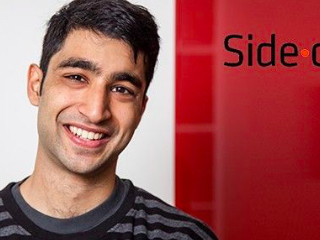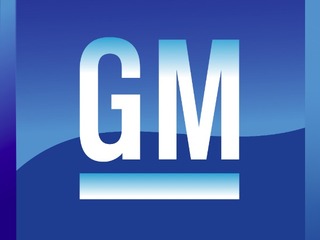Digital health funding declines for the third year in a row
AI-enabled digital health startups raised $3.7B, 37% of total funding for the sector
Read more...Editor's Note: Our annual Vator Splash Spring 2016 conference is around the corner on May 12, 2016 at the historic Scottish Rite Center in Oakland. Speakers include Nigel Eccles (CEO & Co-founder, FanDuel), Andy Dunn (Founder & CEO, Bonobos), Mitch Kapor (Founder, Kapor Center for Social Impact); Founders of NextDoor, Handy, TubeMogul; Investors from Khosla Ventures, Javelin Venture Partners, Kapor Capital, Greylock, DFJ, IDG, IVP and more. Join us! REGISTER HERE.
 Yet more proof that we’re getting closer to the self-driving moment.
Yet more proof that we’re getting closer to the self-driving moment.
Chris Dixon, general partner at Andreessen Horowitz (a16z), announced this week that his firm has led a $3.1 million round in Comma.ai, a scrappy startup developing self-driving technology using artificial intelligence.
The most fascinating thing about this new funding is that the person behind Comma has nothing to do with Apple, Google, General Motors (GM), Lyft, Tesla, Uber, or any of the other big-name technology and automotive companies that have typically dominated the self-driving car narrative over the past couple years.
Instead, the head of Comma is George Hotz, a hacker who rose to prominence at the age of 17 for becoming the first person to unlock the iPhone so it could be used on any wireless carrier. In the years following, he followed up his achievement through additional iPhone jailbreaking activities while also exploring exploits to the Playstation 3, making him an unpopular and litigation-attracting target for Sony.
Most recently, Hotz has been building self-driving technology all by himself in his garage. In December, he invited Bloomberg to take a peek inside, and the reporter got to actually take the car for a ride on the highway. Amazingly, as today’s funding suggests, the technology works.
Comma will largely use the new money to scale its operations through hiring. The company says it wants to put together an “elite team,” with current open roles being Lead Product Engineer, Controls Engineer, Software Engineer, and Machine Learning Researcher.
With big news out about self-driving companies emerging seemingly every week, the news from Comma wouldn’t normally be a big surprise. But there’s something different here: Hotz’s company has already achieved an incredible task (developing self-driving technology) with incredibly limited resources (one person).
When we talk about self-driving, we’re accustomed stories like the one from last month, involving a massive established corporation (GM), a strong technology platform (Cruise Automation), and an unfathomable amount of money (like $1 billion). And yet, here we have a company (Comma) sallying forth with a few million dollars.
In his Medium post announcing the funding, Dixon calls this the “WhatsApp effect.”
“WhatsApp was able to build a global messaging system that served 900M users with just 50 engineers, compared to the thousands of engineers that were needed for prior generations of messaging systems,” writes Dixon. “This ‘WhatsApp effect’ is now happening in AI.”
While the technology is certainly reaching a critical point, it helps that Hotz meets many a favorite criteria for VCs: he’s extremely intelligent, resourceful, and not a little ambitious. In response to the hype around Tesla’s recently unveiled Model 3, Comma poked fun by suggesting that it has a much more efficient approach to bringing self-driving cars to the masses:
“We think the Model 3 is really cool and have decided Tesla makes pretty good self driving cars. The problem is they won't be able to ship enough to meet demand. But you know what's easy to ship? Phone Apps! So we are pivoting, and will henceforth be a phone app company. Product announcement soon.”
Definitely will be one to watch closely.
AI-enabled digital health startups raised $3.7B, 37% of total funding for the sector
Read more...OXcan combines proteomics and artificial intelligence for early detection
Read more...Nearly $265B in claims are denied every year because of the way they're coded
Read more...

